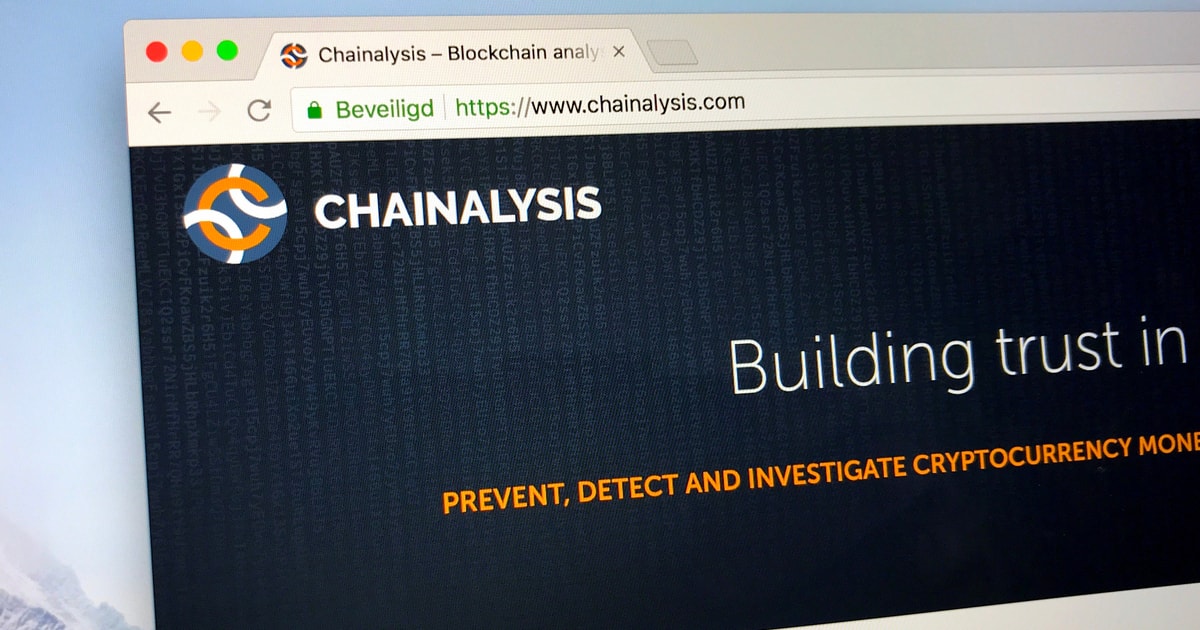Chainalysis Launches Operation Spincaster to Combat Crypto Scams
Peter Zhang Jul 18, 2024 11:52
Chainalysis has introduced Operation Spincaster, a collaborative initiative aimed at disrupting and preventing crypto scams through public and private sector cooperation.

Chainalysis has unveiled Operation Spincaster, an initiative designed to disrupt and prevent cryptocurrency scams by leveraging the collaboration between public and private sectors, according to Chainalysis.
Addressing the Growing Threat of Approval Phishing
Approval phishing has emerged as a prevalent tactic used by cybercriminals to steal funds by tricking victims into signing malicious blockchain transactions. This allows scammers to drain the victim's wallet. Since May 2021, over USD $2.7 billion has been lost to this type of scam, highlighting the urgent need for effective countermeasures.
Chainalysis has been at the forefront of identifying compromised wallets and has used this intelligence to spearhead Operation Spincaster. The initiative has already conducted operational sprints across six countries, including the US, UK, Canada, Spain, Netherlands, and Australia, involving over 100 attendees from public sector agencies and crypto exchanges.
Operational Sprints and Their Impact
These sprints featured training sessions on identifying compromised wallets and tracing stolen funds using the Chainalysis Crypto Investigations solution. During these sessions, over 7000 leads were disseminated, relating to approximately USD $162 million in losses. These leads have been instrumental in closing accounts, seizing funds, and building intelligence to prevent future scams.
In one instance, participants managed to contact a victim directly, warning them of an ongoing scam and preventing a six-figure loss by revoking the scammer's approval on-chain.
Global Collaboration and Insights
Operation Spincaster is a global extension of a pilot project named Operation Disruption, initially conducted with the Calgary Police Service. This collaboration has identified numerous victims and losses, prompting swift action to prevent further victimization.
Participants from the operational sprints shared their experiences, emphasizing the importance of public-private collaboration. For instance, the Guardia Civil's Cyber Intelligence Group highlighted the invaluable learnings that will influence ongoing investigations, while the UK's National Crime Agency underscored their commitment to tackling organized crime groups involved in approval phishing.
Comprehensive Strategy for Combating Scams
Tackling and preventing scams requires a comprehensive strategy that involves public education, proactive transaction monitoring by exchanges, and enhanced law enforcement capabilities. Cryptocurrency users must be educated on the rare legitimate uses of approvals, while exchanges should implement robust transaction monitoring and risk management strategies.
Law enforcement agencies, on their part, need to invest in blockchain analytics tools and training to effectively combat illicit activities. Chainalysis has developed a new API endpoint to help exchanges screen withdrawals and detect ongoing scam attempts in real-time.
Future Outlook
Operation Spincaster has demonstrated the success of collaborative efforts in combating crypto scams. Chainalysis plans to expand this initiative to more countries, continuing its commitment to support the cryptocurrency ecosystem in fighting illicit activities.
Crime Prevention Advice
Various resources are available to help individuals avoid becoming victims of crypto scams, such as the UK Metropolitan Police’s Little Book of Crypto Crime and the Australian National Anti-Scam Centre’s Little Black Book of Scams.
Chainalysis advises individuals to exercise caution when engaging in investment opportunities, conduct due diligence, and avoid blindly following links or approving transactions without verification. Seeking advice from trusted third parties is also recommended.
Image source: Shutterstock.jpg)